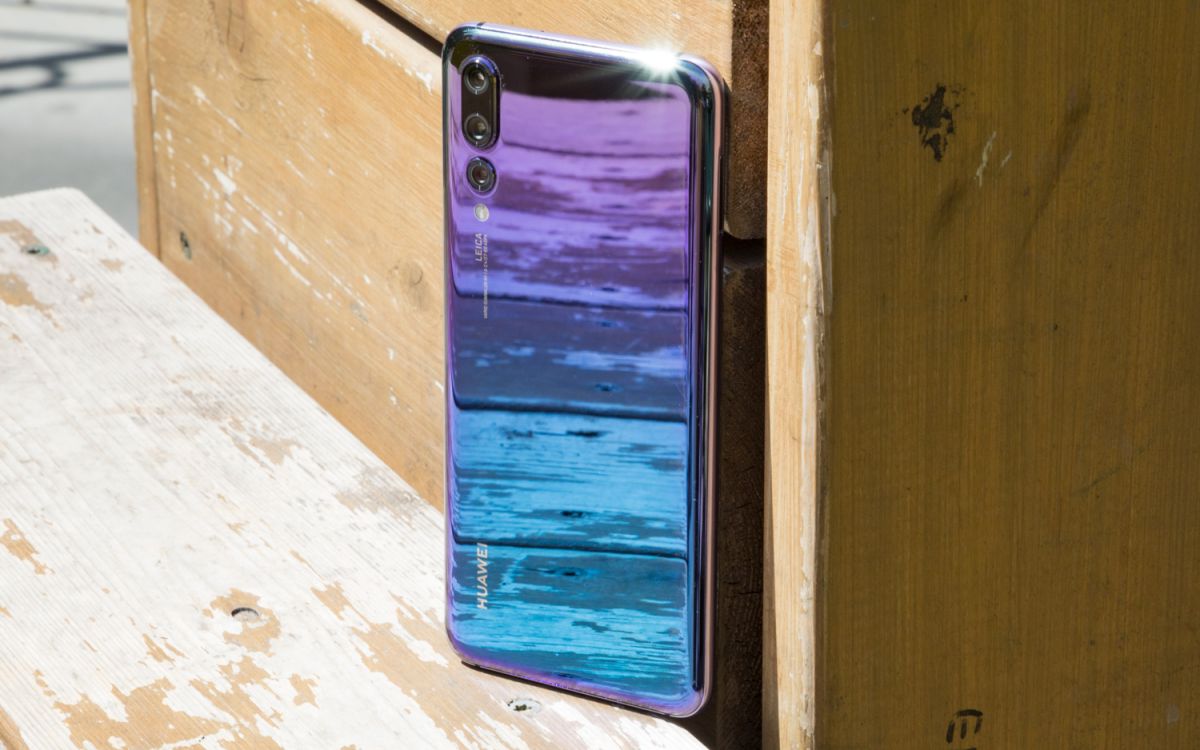iOS is too limited for my taste.
That is your personal preference. The entire point of the Apple ecosystem is to act as a strict gatekeeper and stop "users that want to use stuff" shooting themselves in the foot. For that reason, Apple phones qualify for official use in sensitive government programs whereas Android phones are prohibited. Apple mobile phones, because of proper security design, pass national security requirements whereas Android does not.
Android is better than iOS in some things. iOS is better than Android in some things. It is a matter of personal preference, but overall, iOS has optimized and more effective security than Android.
"Lazy, old people" reach for a non-smart flip phone because they use a phone to make phone calls, and not stream the latest episode of Skibidi Toilet or Squid Game. Gecko made a few billion Euros using a plain old telephone system (POTS) flip-phone. He was old. The phone itself is just a tool.
In the agency and programs, issued iOS phone users are able to do everything that is required. So no limitations as far as work and productivity. However, they are not authorized to game or use the devices for entertainment purposes.
iPhones are for old, lazy and not really tech-savy people because it doesn't need to be set up and Apple does everything for you. It's literally fool-proof phone.
The vast majority of iPhone users are under the age of 30. That cohort is tech-savvy, but not cybersecurity savvy. As for the "old" people who don't have to do anything because Apple does it for them, well that is testament to Apple's superior design and usability - making Apple one of the most profitable companies in history. Apple keeps it simple by not making the device user think. That is superior overall engineering.
I never had issues with any of them.
The quality of Android apps is not the issue. It is the security of the Android app ecosystem that is poisoned. Always has been. Always will be. 83% of mobile phone malicious campaigns are targeted, and successful, on Android devices.
You can see that the person knows nothing about the Android when it mentions "limited period of security updates". When we look at security updates, Android actually surpasses iPhone. How? Ever since Android Marshmallow, security updates are handled by Google and on monthly basis. Android is updated in the background through Google Play and those security updates can't be disabled. This is why it's still safe to use devices with Android Oreo which was released back in 2017. As long as Google doesn't stop releasing security updates for Android Oreo, the device will be safe to use, even though it doesn't receive system updates.
This is not correct. Android security updates still remain the choice of the OEM; Google does not have access to every Android phone since Marshmallow. The OEM has to utilize a chipset supported by the Google GRF program, which provides only 7 years of updates. Google never has provided perpetual security updates whereas Apple always has.
Android apps - not the underlying Android OS - can be enrolled in automatic updates via the Google Play Store.
Apple bundles feature and security updates and you're paying the cost of that with every additional year. Apple keeps adding more and more features which make their older devices slower and take more already limited space. Android phone brands don't tend to do that; which is why they stop releasing feature updates after some time.
Actually not true. The iPhone 6 that I have that is 11 years old is not noticeably slower than it was years ago. But don't take my word for it. There are millions of Apple phone users that have never complained about iOS feature updates slowing down their old mobile devices because the new iOS updates were consuming system resources.
In 2020, Tom's Guide wrote article how Android are harder to crack than iPhones these days. So I wouldn't call iPhones superior in security.
Android phones are not unbreakable, but require a lot more effort

www.tomsguide.com
That is not really about security. It is about resistance to law enforcement access. The author of the article, Richard Priday, never stated that Android are more secure than iOS.
The only way to hack Android is to download 3rd party app from shady site, ignore all warnings, grant all permission to the app, setting it as an admin and granting it accessibility service status. If you don't do that, the only damage app can do is... show you ads.
It is not the only way to hack Android (or iOS or Linux phones for that matter). But it is exactly what millions of Android mobile phone device owners and users do daily because the Android ecosystem permits them to do it. The Apple ecosystem does not.
The Android and Android app ecosystems are under constant, massive attack because that system inherently is seriously flawed just like Google's browser extension ecosystem.
Sensor-based statistics show that Android phones have an infection level that is 8.3 times greater than Windows PCs.
 shop.puri.sm
shop.puri.sm


